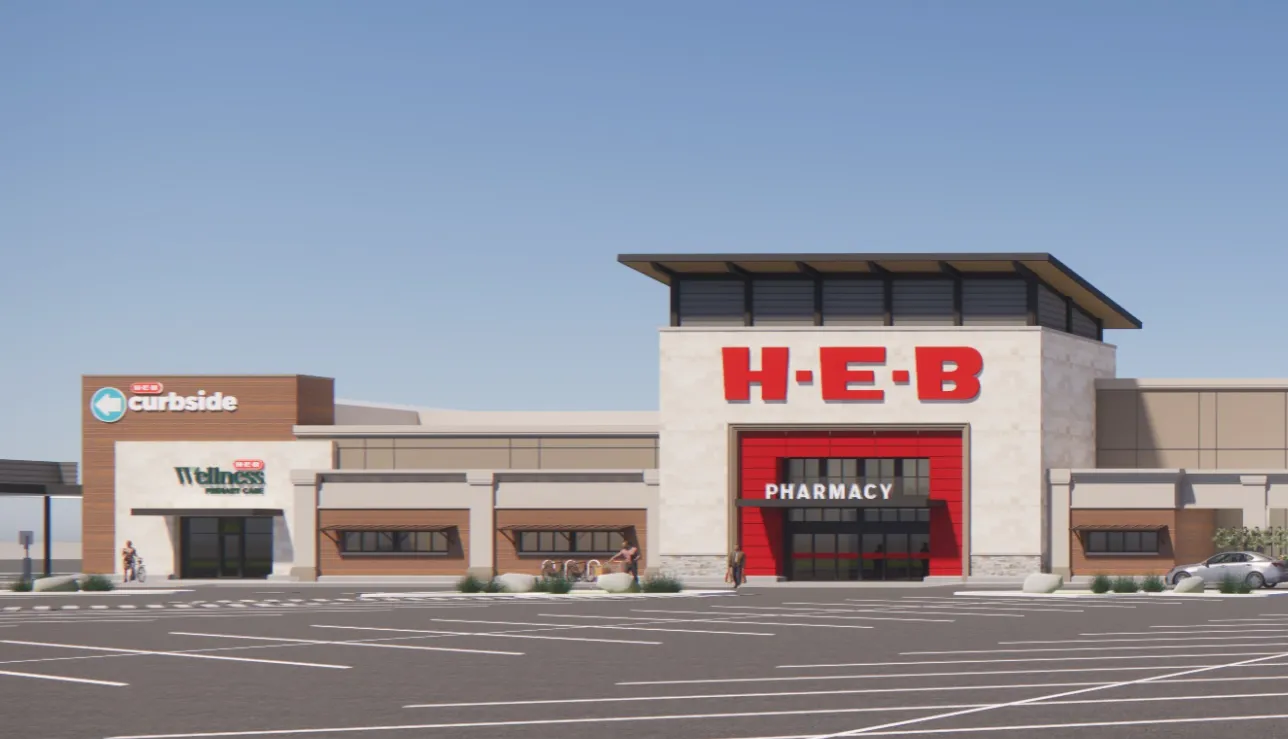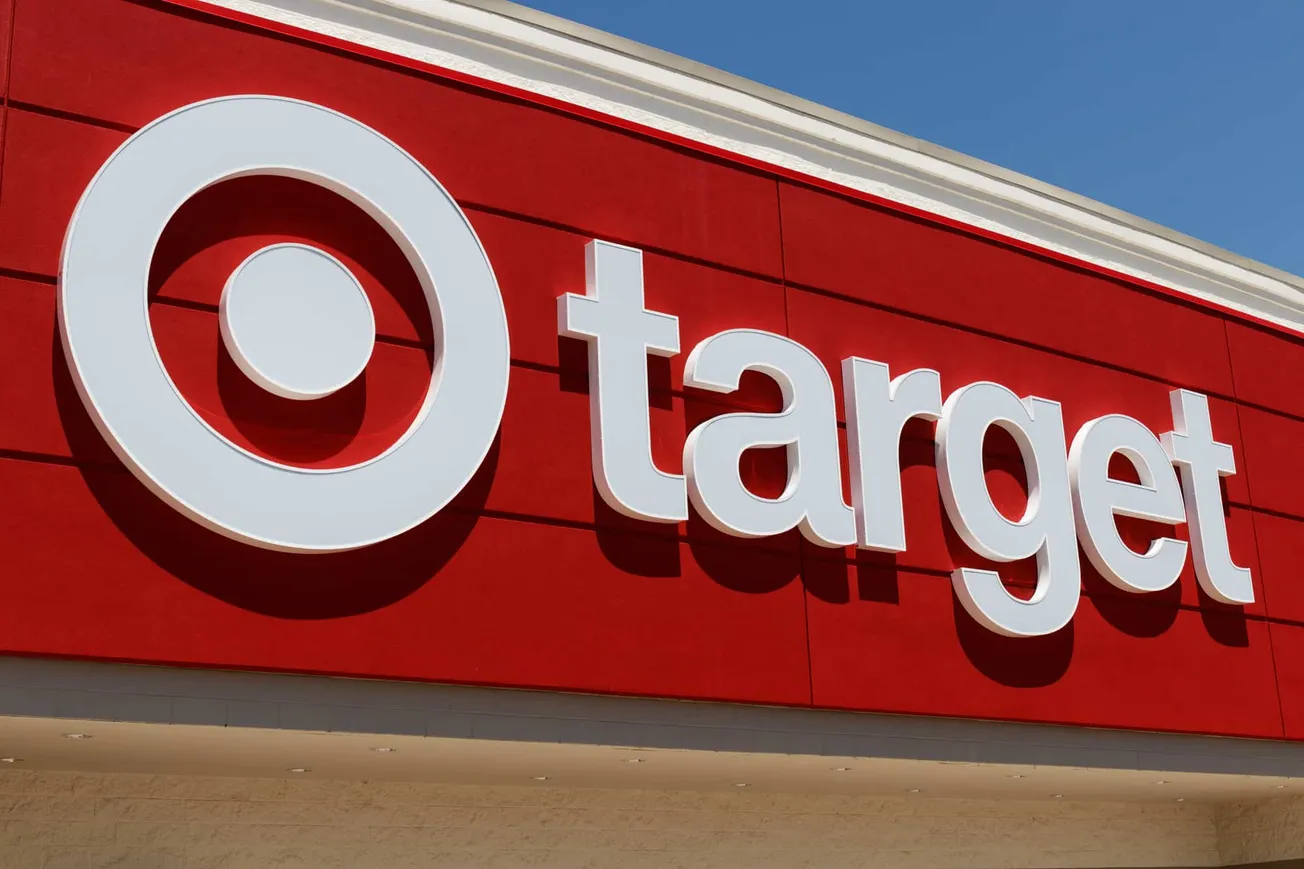NEW YORK — With its integrated model of retail pharmacy, pharmacy benefit management, retail clinic and specialty pharmacy businesses, CVS Health is well-positioned to meet the changing needs of payors, providers and customers as they navigate the health care landscape, president and chief executive officer Larry Merlo said at the company’s annual Analyst Day in New York.
With its integrated model of retail pharmacy, pharmacy benefit management, retail clinic and specialty pharmacy businesses, CVS Health is well-positioned to meet the changing needs of payors, providers and customers as they navigate the health care landscape, president and chief executive officer Larry Merlo said at the company’s annual Analyst Day in New York.
 |
"We are winning in the marketplace and driving solid and sustainable growth," Merlo told financial analysts gathered at the event. "We foresaw the changes ahead in the health care landscape, and we built a suite of assets that will enable us to continue to capitalize on the opportunities created.
"Only CVS Health has an integrated enterprise model that brings differentiated, channel-agnostic solutions to the marketplace that our competitors simply cannot match," he noted. "Our deep clinical expertise and insights across the enterprise enable us to deliver superior outcomes at a lower cost."
CVS emphasized its position as a "pharmacy innovation company" that takes a channel-agnostic, enterprise approach to help people manage and improve their health while driving value for all stakeholders.
In other presentations, CVS executives outlined how the company is readying for the continued evolution of the health care delivery system through its PBM operations, specialty pharmacy assets and retail pharmacy, as well as how it’s expanding access to care via CVS/minuteclinic and helping to create a more connected health care system to improve outcomes for patients while better managing costs for payors.
Meanwhile, Dave Denton, executive vice president and chief financial officer, reaffirmed the company’s earnings guidance for 2014 and provided projections for 2015.
For full-year 2014, CVS estimates its adjusted earnings per share (EPS) from continuing operations at $4.47 to $4.50. In 2015, the company expects adjusted EPS from continuing operations of $5.05 to $5.19, up 12.5% to 15.75% — excluding the loss on early extinguishment of debt in 2014 — from 2014.
On average, analysts peg CVS’ 2014 adjusted EPS at $4.50, with estimates ranging from a low of $4.48 to a high of $4.53, according to Thomson Financial. For 2015, the consensus analyst estimate is for CVS to generate adjusted EPS of $5.11, with projections running from a low of $5.00 to a high of $5.27.
CVS said it also expects to generate free cash flow of $5.9 billion to $6.2 billion in 2015, and cash from operations of $7.6 billion to $7.9 billion in 2015. The company said the guidance assumes the completion of $6 billion in share repurchases during 2015.
"We’ve established a solid track record of delivering on our promises, and our results prove that out," Denton stated. "Looking ahead, we are targeting solid, long-term enterprise growth and expect to generate a significant amount of cash that will be available to enhance returns. Some of that cash will be used to invest in the business, such as through strategic, bolt-on acquisitions that drive continued share gains. The rest will be returned to our shareholders through dividends and value-enhancing share repurchases."
On the health care front, Merlo also addressed how health reform has changed the payor landscape as millions of Americans have gained insurance coverage. Health reform is also driving the importance that health plans are playing in the health care marketplace now and into the future, and CVS sees this as an opportunity to grow its enterprise share by continuing to serve these health plans through its offerings, either as PBM clients or as strategic partners when the plans are not PBM clients, he pointed out.
In another trend, as specialty drug use expands and new treatments for complex conditions come to market at high price points, plan sponsors can expect to see specialty drug costs rise to nearly half of their total pharmacy spend, according to Merlo.
"With rapid specialty pharmacy growth expected for the next several years, plan sponsors will clearly need innovative solutions to stem the tide," Merlo told analysts. "We believe we are best-positioned, with an unmatched suite of specialty capabilities to holistically manage patients and help payors manage this spend in both the pharmacy and medical benefit."
Merlo, too, predicted that the "retailization" of health care will continue as more employers move their employees into consumer-directed health plans.
"We will be able to win in a connected health care system with our consumer-friendly offerings such as the convenience of CVS/pharmacy and the low-cost, transparent pricing model of CVS/minuteclinic. Both of these are trusted brands with name recognition to attract value-conscious consumers," he said. "We are also expanding our digital offerings to better engage with customers, improve their experience and increase medication adherence. With the growing focus on population health, there has been a desire among physicians to increase communication and coordination with their patients’ pharmacists and that is an area where we can excel."
CVS also announced that its board has approved a 27% increase in its quarterly cash dividend, to 35 cents per share on its common stock. That increase translates to $1.40 per share annually, up 30 cents per share, which the company said keeps it on track to meet its 2018 dividend payout ratio target of 35%. The quarterly dividend is payable on Feb. 2, 2015, to holders of record on Jan. 22, 2015.
In addition, CVS said its board has approved a new share repurchase program for up to $10 billion of the company’s outstanding common stock. The share buyback authorization, effective immediately, is expected to be completed over a multiyear period. Combined with about $2.7 billion that remains on the share repurchase program approved by the board last December, the new $10 billion share repurchase authorization makes available a total of approximately $12.7 billion for share repurchases, the company said.





